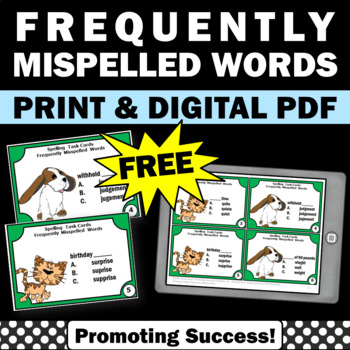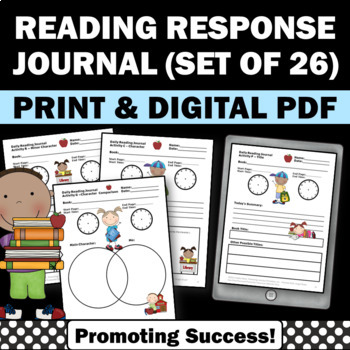Note: This blog post contains resources from our TpT store and our Amazon Associate store.
---------------------------------------------
- What makes a good reader?
- How do you teach reading?
- What skills and strategies are important to aid reading fluency?
1. What makes a good reader?
Mastery of literacy skills is an essential skill to increase academic success. Most good readers are able to demonstrate a variety of reading comprehension skills and strategies. These strategies should include vocabulary development. Good readers can draw on background schema and can make predictions as they read. They determine a purpose for reading and monitor this purpose. Good readers are able to tie words together and maintain their integrated meaning over time.
2. How do you teach reading?
While there is a lot of research and data examining the best teaching methodology for reading, there is a substantial body of evidence which demonstrates that systematic phonics instruction works well. Research shows that strong readers are able to decode new words by comparing them to known words rather than by sounding them out letter by letter.While students are mastering decoding, a holistic approach will also develop a passion for reading. Evidence shows that as the amount of time a child reads increases, their reading attainment also improves. It is a positive cycle. The more a student comprehends, the more likely he/she will keep reading.
Research also shows that reading aloud enhances fluency, strengthens comprehension and helps develop critical reading skills. As students read aloud, they can more effectively monitor themselves. Does it sound right? Did my emotions and emphasis make sense? Do my words flow? Do I understand what I am reading?
3. What skills and strategies are important to increase reading fluency?
Accuracy is an important skill for increasing fluency. Students must have basic word recognition and word analysis skills. At this stage, reading faster isn't best. Students need time to develop these essential skills without frustration.
Once students are reading to increase their speed, repeated reading is a key strategy. This may be done is two essential steps. First, give students a reading passage to read and re-read several times. Second, have students practice reading the passage orally with corrections and guidance. It is also important that the students have the opportunity to also hear the passage read correctly several times.
For older students, reading fluency stills needs to be enhanced. There are several strategies and activities for older students, including choral reading, readers' theater, cloze reading, partner reading and poetry readings.
A more indirect approach to teaching reading is to provide opportunities for reading around every corner. Label everything in the classroom and home. Provide written directions for daily tasks, such as washing your hands. Create a welcoming environment for reading (rugs, lamps, special chairs, etc.) and provide a wide range of reading levels and genres. ANY reading is better than no reading.
-------------------------
-------------------------
Here are more printable teaching resources from our TpT store:
For a bundle of 60 spelling task cards to save time and money, click HERE.
-------------------------
-------------------------
-------------------------
-------------------------
-------------------------
-------------------------
For 390+ printable language arts resources in our TpT store, click HERE.
-------------------------
You may also like these resources from our Amazon Associate store:
-------------------------
-------------------------
-------------------------
-------------------------
-------------------------
---------------------------------------------
Click HERE to follow us on Instagram.
Click HERE to follow us on Pinterest.
Shelly Anton is a participant in the Amazon Services LLC Associates Program, an affiliate advertising program designed to provide a means for sites to earn advertising fees by advertising and linking to Amazon.com. ** This means there are Amazon affiliate links in these blog posts. This does not mean you pay a dime more when you purchase a product through the link. It just means I am trying to save you valuable teacher time by making it easier for you to find great resources for your students, and I earn a few cents for my research and time. Thank you for all you do for kids!


















